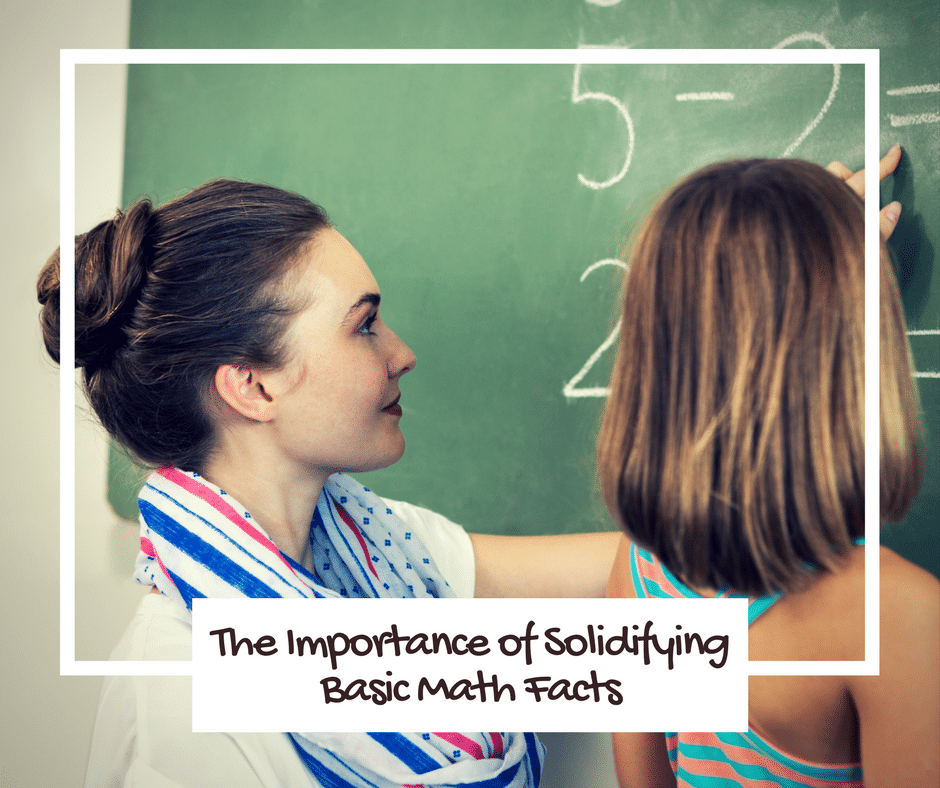Each Friday, I run my class through timed math facts tests. I give my kids five minutes to get through 100 facts. I assess my first through sixth graders on addition and subtraction; my third through sixth grade on all the facts of multiplication and division and my first and second graders on each set of multiplication facts that we have covered thus far. I feel that students need to be able to stop second-guessing themselves on basic facts. Bringing in the spirit of competition by timing these tests enables my students to show them and me exactly what they know without having to think about it. I am looking for 100 percent accuracy within the five minutes. Those students who reach this goal get their names added to our “And That’s A Fact, Jack!” board under the category they have mastered.
Tall order? Not really.
I believe in raising the bar for my students. I don’t give them more than what I know they can handle. I don’t frustrate them. I DO challenge them. We do math every single day, with several reinforcement pages of addition, subtraction, multiplication, and division for respected grade levels. My kids know how to do these problems. These facts are nothing new for them to do.
At the beginning of the year, only two students finished their addition paper and three of my older ones finished their multiplication paper. No one got 100% accuracy on the addition, but two had 100% accuracy on their multiplication. None of my littler ones finished. But they didn’t get discouraged. As we have moved forward into several weeks of school, the kids, especially the younger ones, have surprised themselves with how they are finishing with accuracy under the five-minute limit. They get so excited when I announce our 100 percent students.
They also cheer for each other. Those who have had a challenge finishing get huge cheers when they finally do. I love this aspect of teamwork, especially from my older ones to my younger ones.
I see three huge improvements from my kids by doing these tests: better accuracy, an increase in time management skills and a boost in self-confidence. It’s great to praise kids and give them scores or grades, but I believe that kids need to be obtaining ‘scores’ or ‘grades’ for themselves, not for anyone else. They need to learn self-regulation and take responsibility for their own learning. Kids, especially younger kids, need to also be honing time management concepts. Giving them the opportunity to practice developing these types of skills allows for good habits to set in.
I’m also able to look for any patterns of errors that the kids make. For instance, if several of my younger kids miss the same set of facts, that tells me that I need to focus a bit more on those facts for those kids. The same goes for the multiplication and division facts for my older kids. I am also looking for independent student consistency from week to week. Are the same kids finishing each week? Are they finishing the same facts? Are they remaining accurate? Do I see an increase in the number of kids finishing? This is the progress I look for.
By the end of the year, my students are all finishing the addition, most finish the subtraction, all of my older ones and some of the younger ones finish the multiplication and a majority of the older ones finish the division. All with 100 percent accuracy. Talk about success. And these basic facts are crucial in ensuring strong mathematicians.




